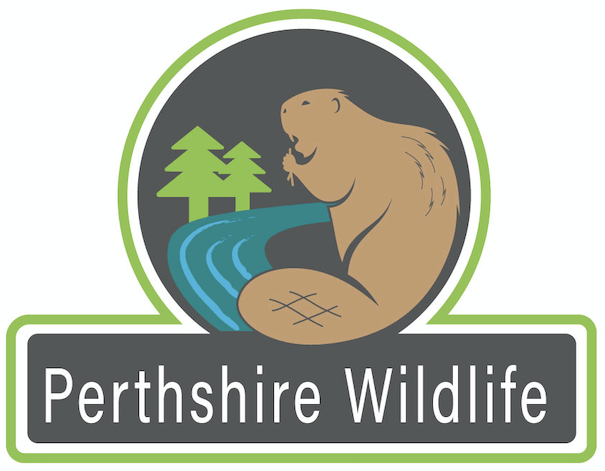We are currently working on the Community Sustainable Drainage System (SUDS) Ponds Project, which is run through the Tayside Biodiversity Partnership and with funding from Angus Environmental Trust. This involves working with landowners and volunteers to improve ponds for wildlife, especially amphibians. It also includes a workshop to make wildlife-ladders to enable wildlife which fall into roadside gullypots, escape up the ladder and avoid a horrible death from drowning or starvation.
I first discovered the hazard to wildlife from gullypots when I worked as a Ranger with a local authority, and consequently ran a three-year project to investigate the scale of the problem. The results showed that gullypots present a huge problem to wildlife, especially small mammals and amphibians, with thousands of animals getting trapped and dying in gullypots every year. We then trialled wildlife kerbs, to see if this special design would enable the animals to bypass the danger zone of the gullypot and consequently escape off the road via a dropped kerb.
The wildlife kerbs seem to be working well but wildlife still falls into gullypots where there aren’t kerbs on the road and we needed to develop another method to solve this problem. Ravon in the Netherlands had also been trying to find a solution to the problem for a few years and had been trialling a ladder design. Trevor Rose from Friends of Angus Herpetofauna took this design and further developed it to make the amphibian ladder! These are bits of metal joined together to fit the gullypot exactly, and covered with a material that wildlife can grip on to and consequently climb up to escape from the drain (see picture below). We are running the amphibian-ladder making workshop in Murthly on November the 3rd and everyone is welcome to join us (under 16s must be accompanied by an adult). Our perfect pond management days will take place on 29th Sep, 13th Oct & 18th Nov and again, everyone is welcome. Ponds need regular management to prevent vegetation filling the pond – ideally there should be 50% open water in a pond and amphibians need open water in which to spawn. Please contact me on taysideamphibians@yahoo.co.uk if you’d like more information and to book your place. Daniele
Thanks to Angus Environmental Trust for funding & Tayside Contracts for their assistance in opening up blocked gullypots!



Recent Comments